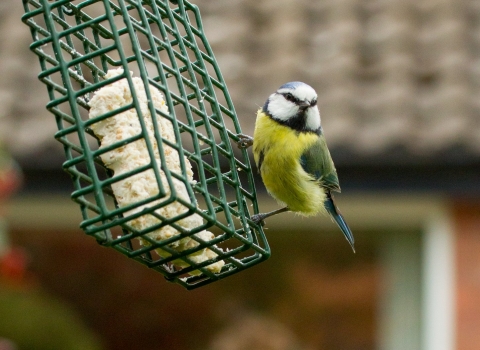Policies and Proposals Affecting Biodiversity, Bioabundance and the Ecological Network
In carrying out its work to deliver our Wilder Somerset 2030 strategy, Somerset Wildlife Trust will:
- Seek to support, influence and facilitate positive planning for biodiversity including developing resources and training for planning officials and councillors to make decisions based on the ecological network, Local Nature Recovery Strategy and Nature Recovery Network
- Work with Local Planning Authorities to develop policies and proposals that deliver on the Mitigation Hierarchy and achieve positive outcomes for nature, people and communities
- Seek to minimise negative impacts on biodiversity resulting from development by working pro-actively with planners and developers to make decisions, policies and plans that benefit and deliver the Local Nature Recovery Strategy and ecological network
- Oppose those policies or developments which, in the Trust’s reasoned opinion, would cause unacceptable loss of or damage to biodiversity, bioabundance and/or the ecological network and Local Nature Recovery Strategy,
- Seek to be reasonable and fair, working positively with planners, developers, and/or other agencies to achieve an outcome which is acceptable to all parties, although recognising that the Trust’s first responsibility is to secure the protection and enhancement of biodiversity and bioabundance.
Our Approach to Putting Nature at the Heart of Planning Policies and Decision-Making
Somerset Wildlife Trust will seek to influence planning issues at the following levels:
National and International:
The Trust will not normally comment independently on national or international policies or programmes, but will work through The Wildlife Trusts (our federated network of 46 independent Wildlife Trusts) and/ or other local partnerships. In doing so, the Trust will, where possible make available to the partnerships any particular expertise or information which it possesses. The Trust may choose to comment independently where the issue concerned has a particular impact on Somerset, in which case any response by the Trust will seek to support and expand upon any response made by the partnership as a whole.
County, district and neighbourhood:
The Trust will place a high priority on pro-actively influencing planning policies and programmes at county, and district level, recognising that without policies to protect, enhance and restore wildlife, our ability to influence individual developments is greatly reduced. The Trust will also provide tools and training to enable communities and neighbourhoods to be best placed to contribute to local delivery plans.
Individual planning applications:
The Trust will seek to be consulted on and to influence individual planning proposals which may have a significant impact, positive or negative, on biodiversity, bioabundance or the ecological network.
Our Response to Planning Applications
Somerset Wildlife Trust monitors planning applications and comments on them when necessary. As a charity however, we have limited resources so must prioritise which cases we become involved in.
Due to the very large number of planning proposals and policies of potential interest to the Trust, all notifications and consultations will be assessed and priority will normally be given to those which have the greatest potential impact (either positive or negative) upon biodiversity, bioabundance and the ecological network.
In addition, the following considerations will also apply:
- The Trust will normally respond to all planning policies or proposals directly affecting its reserves and sites of county importance for biodiversity (i.e. Local Wildlife Sites).
- In our response, the Trust will normally draw to the attention of the appropriate decision-makers the need to comply with Natural England’s standing advice on legally protected species, the Dutch N ruling on phosphates (if appropriate) and the need to consider impact (specific from the policy or proposal, and cumulative in relation to other policies and proposals) on Somerset’s ecological network as well as on the site of impact.
- The Trust will not normally respond to planning proposals affecting nationally or internationally protected sites where this would form part of the statutory responsibility of one of the national agencies. The exceptions to this would normally be:
- Where the Trust’s response might serve to support and reinforce the national agency’s position.
- Where there may be an impact on a Trust reserve.
- Where the Trust feels that there would be a significant risk to nationally or internationally important biodiversity and habitats should we fail to submit an independent view.
- The Trust will not express an opinion on areas where we have insufficient expertise to defend this but may draw to the attention of the appropriate decision-makers the need to assess and understand the risks to biodiversity, bioabundance and the ecological network arising from issues of concern.
The Trust will consider supplementing and/or advocating its views on a case where an applicant has appealed against a Council’s decision. A decision to act will be taken only where it feels that there would be a significant risk to locally, nationally or internationally important biodiversity should we fail to submit an independent view.
The Trust has no right of appeal against the decision of a planning authority. However, where it feels that there are grounds to challenge the decision in law, then the Trust reserves its right to seek a judicial review. Such action will only be taken with the endorsement of the Trustees and the support of its legal advisor.

